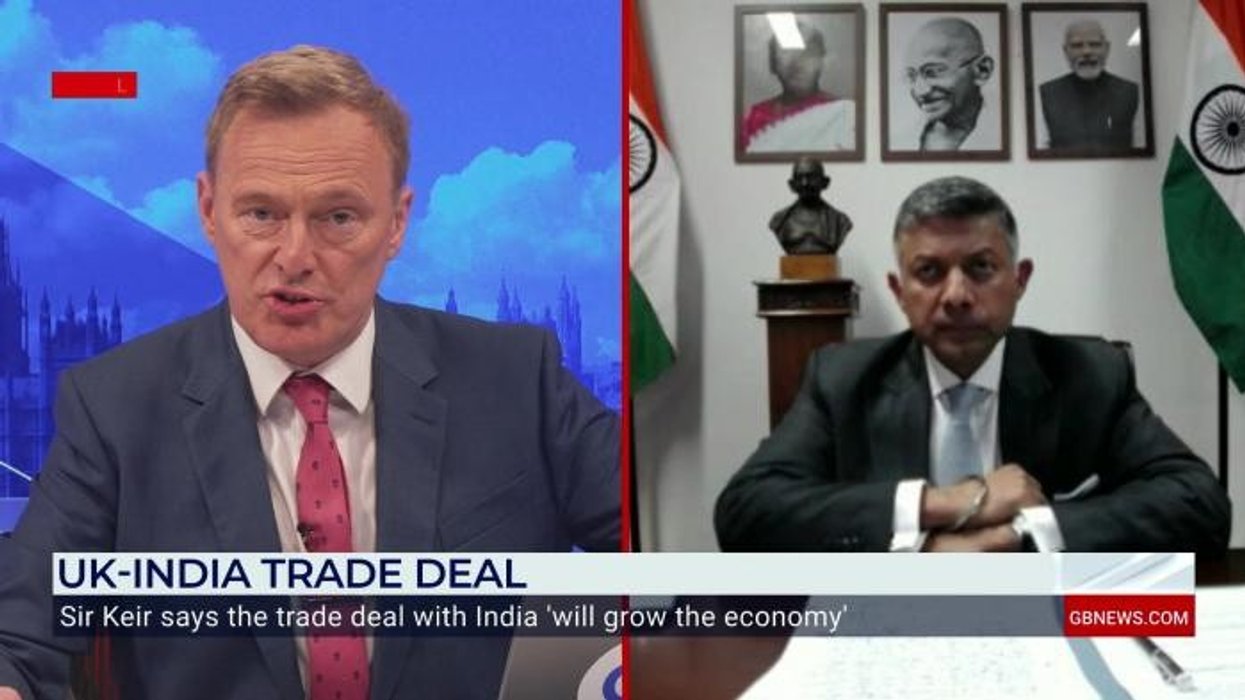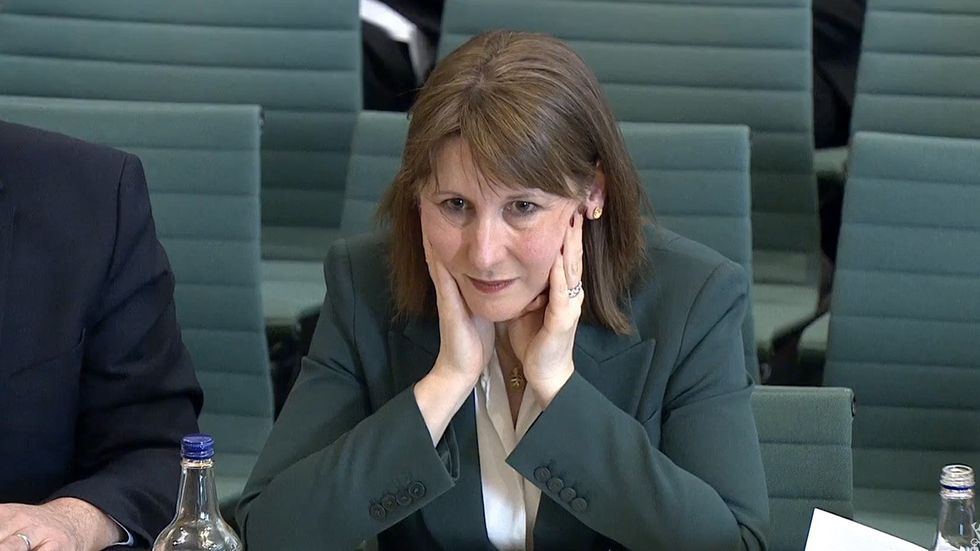HMRC clampdown will 'lead to significantly increased cost for taxpayers'

‘It’s a matter of fairness’: India’s High Commissioner hits back at fury over UK trade deal as migrants get tax break |
GB NEWS

Tax advisers are questioning the Government's decision to hand over more powers to HMRC
Don't Miss
Most Read
The Institute of Chartered Accountants in England and Wales (ICAEW) is pushing back against the Labour Government's plan to clampdown on non-compliant tax advisers.
According to the trade body, these measures intended to target a small minority of problematic advisers could potentially affect all reputable tax professionals.
In its response to the Government's consultation on enhancing HM Revenue and Custom's (HMRC) powers, ICAEW cautioned that the proposals could increase costs for taxpayers.
The Institute also warned that the plans might adversely impact taxpayer compliance and act as a barrier to economic growth.

HMRC is receiving pushback over reforms
| GETTYICAEW stressed that any new measures must be appropriately targeted to avoid disrupting the valuable work of reputable tax agents.
The Institute has called for HMRC to agree that tax advisers who comply with Professional Conduct in Relation to Taxation (PCRT) standards should be exempt from these new powers.
ICAEW highlighted that the Government's proposals could lead to significantly increased costs for taxpayers seeking advice. This financial burden could have negative consequences for overall tax compliance.
The organisation emphasised that the bar must be set at an appropriate level to protect the valuable work done by reputable tax agents.
Do you have a money story you’d like to share? Get in touch by emailing money@gbnews.uk.
There are concerns that the proposed measures do not properly match the government's stated target of only tackling the small minority of agents who actively facilitate non-compliance.
Ian Wright, the ICAEW'S Chief Policy and Communications Officer, shared: "If these proposals go ahead and are not properly targeted, they could lead to significantly increased costs for taxpayers seeking advice, which may have an adverse impact on taxpayer compliance.
"We are also concerned the proposals may reduce the amount of quality professional advice given to taxpayers, thereby reducing overall quality and slowing down transactions and decision-making across the economy potentially hindering growth."
He described these potential outcomes as "disproportionate" compared to HMRC's stated aim of targeting only a small minority of agents.
The Institute welcomed measures to broaden the disclosure of HMRC's concerns about tax advisers to professional bodies.
ICAEW said this would support its role as an improvement regulator to provide targeted support and deliver appropriate interventions to its members.
LATEST DEVELOPMENTS:
 Rachel Reeves's decisions have drawn scorn from businesses | Parliament TV
Rachel Reeves's decisions have drawn scorn from businesses | Parliament TVAn HMRC spokesperson told GB News: "Most tax advisers adhere to rigorous standards and help taxpayers get things right, but a small minority facilitate the wrong amount of tax being paid and contribute to the tax gap.
“It’s right we take action to tackle this, while ensuring the measures are targeted and proportionate.”
More From GB News










